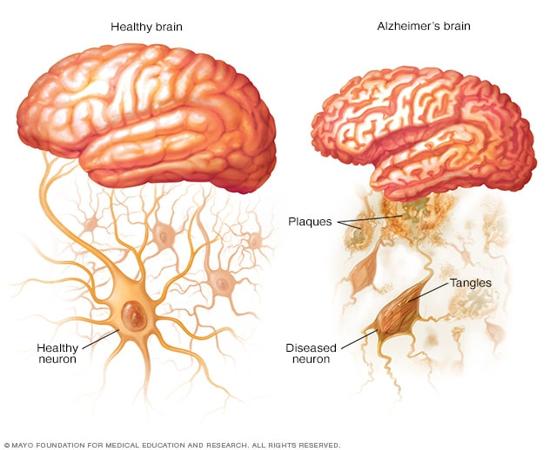Understanding Alzheimer’s Dementia Brain Health
When it comes to brain health, one of the most concerning conditions is Alzheimer’s disease. This neurodegenerative disorder not only affects memory and cognitive functions but also has a profound impact on the overall well-being of individuals. In this article, we will delve into the intricacies of alzheimer’s dementia brain health, exploring its effects, benefits of maintaining brain health, commonly asked questions, and more.
The Connection Between brain health and alzheimer‘s Disease
Alzheimer’s disease, a form of dementia, directly impacts the brain’s functioning, leading to a gradual decline in cognitive abilities. The brain of a person with Alzheimer’s undergoes structural changes, such as the accumulation of plaques and tangles, which disrupt the normal communication between brain cells.
Benefits of Maintaining Brain Health
1. Improved Cognitive Function: Prioritizing brain health through activities like mental exercises, proper nutrition, and social interactions can help maintain cognitive abilities and delay cognitive decline.
2. Reduced Risk of Neurodegenerative Diseases: By adopting brain-healthy habits, individuals can lower their susceptibility to neurodegenerative conditions like Alzheimer’s disease.
3. Enhanced Quality of Life: A healthy brain contributes to overall well-being, enabling individuals to lead more fulfilling and independent lives as they age.
FAQs About Alzheimer’s Dementia Brain Health
1. How does dementia and Alzheimer’s affect the brain? Dementia and Alzheimer’s disease lead to the deterioration of brain cells, disrupting neural pathways and causing memory loss and cognitive decline.
2. What are the effects of Alzheimer’s disease on the brain? Alzheimer’s disease results in the formation of amyloid plaques and tau tangles in the brain, which interfere with cell-to-cell communication and ultimately lead to brain cell death.
3. How can I support the brain health of a person with Alzheimer’s? Engaging individuals with Alzheimer’s in mentally stimulating activities, maintaining a nutritious diet, and ensuring social engagement can support their brain health and overall well-being.
4. Is there a connection between brain health and alzheimer‘s prevention? Yes, prioritizing brain health through lifestyle choices like regular physical exercise, a balanced diet, and intellectual pursuits can help reduce the risk of developing Alzheimer’s disease.
5. Can Alzheimer’s dementia be reversed or cured? Currently, there is no cure for Alzheimer’s disease, but early detection and interventions focusing on brain health can help manage symptoms and improve the quality of life for individuals with the condition.
Conclusion
In conclusion, understanding the importance of maintaining brain health in the context of Alzheimer’s dementia is crucial for promoting overall well-being and cognitive function. By adopting brain-healthy habits, individuals can potentially reduce their risk of developing neurodegenerative diseases like Alzheimer’s and enhance their quality of life as they age. By staying informed and proactive about brain health, we empower ourselves to lead healthier and more fulfilling lives.


